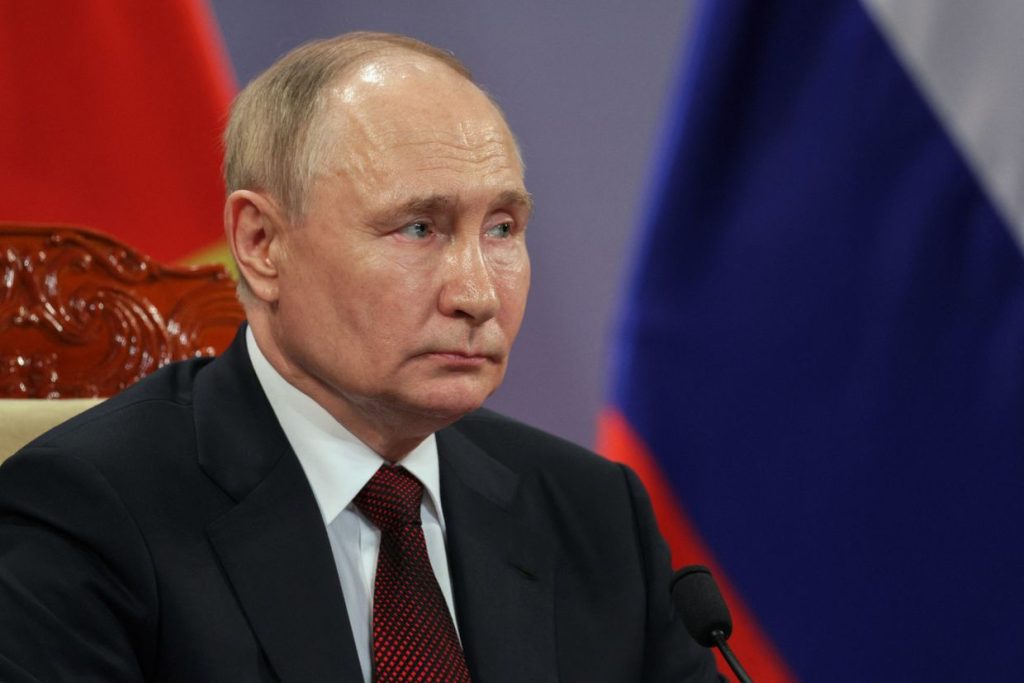Putin’s comments come in the midst of rising tensions between Russia and the West, particularly regarding Ukraine. NATO has been modernizing its nuclear deterrent, while Russia has engaged in military drills involving tactical nuclear weapons. Despite Putin’s threats, Russia has not yet used its nuclear arsenal in its ongoing invasion of Ukraine. The G7 has issued a statement warning Russia against using nuclear weapons in Ukraine, citing Moscow’s “posture of strategic intimidation.”
In addition to addressing nuclear threats, Putin also issued a warning to South Korea regarding potential arms shipments to Ukraine. He stated that Russia would take actions that are likely to displease South Korea if Seoul decides to send arms to Ukraine. This statement adds to the complex web of international relations surrounding the conflict in Ukraine, as various countries grapple with how to respond to Russia’s actions.
The situation in Ukraine remains tense, with the Russian army prepared for all possible scenarios on the front line. Putin’s visit to Vietnam and North Korea, where he made these statements, suggests that Russia is seeking to strengthen ties with other countries amid its ongoing military operations. The inclusion of Belarus in Russian military drills involving tactical nuclear weapons further underscores the seriousness of the situation.
As Russia considers changes to its nuclear doctrine, the international community is closely monitoring the developments. Putin’s assertion that Russia does not need a preventative strike as part of its nuclear doctrine indicates a shift in Russian nuclear policy. The prospect of increased nuclear tensions raises concerns about the potential for escalation and the implications for global security.
The ongoing conflict in Ukraine has already had far-reaching consequences, with millions of people displaced and significant loss of life. The threat of nuclear escalation adds another layer of complexity to an already volatile situation. As tensions continue to rise, it is imperative for the international community to engage in diplomatic efforts to prevent further escalation and work towards a peaceful resolution to the conflict.
Supporting independent journalism in Ukraine is crucial in order to provide accurate and timely information about the situation on the ground. By staying informed and offering support, individuals can contribute to efforts to promote transparency and accountability in the midst of a complex and rapidly evolving crisis. Joining in the fight for independent journalism is one way to make a difference and stand in solidarity with those affected by the conflict in Ukraine.


